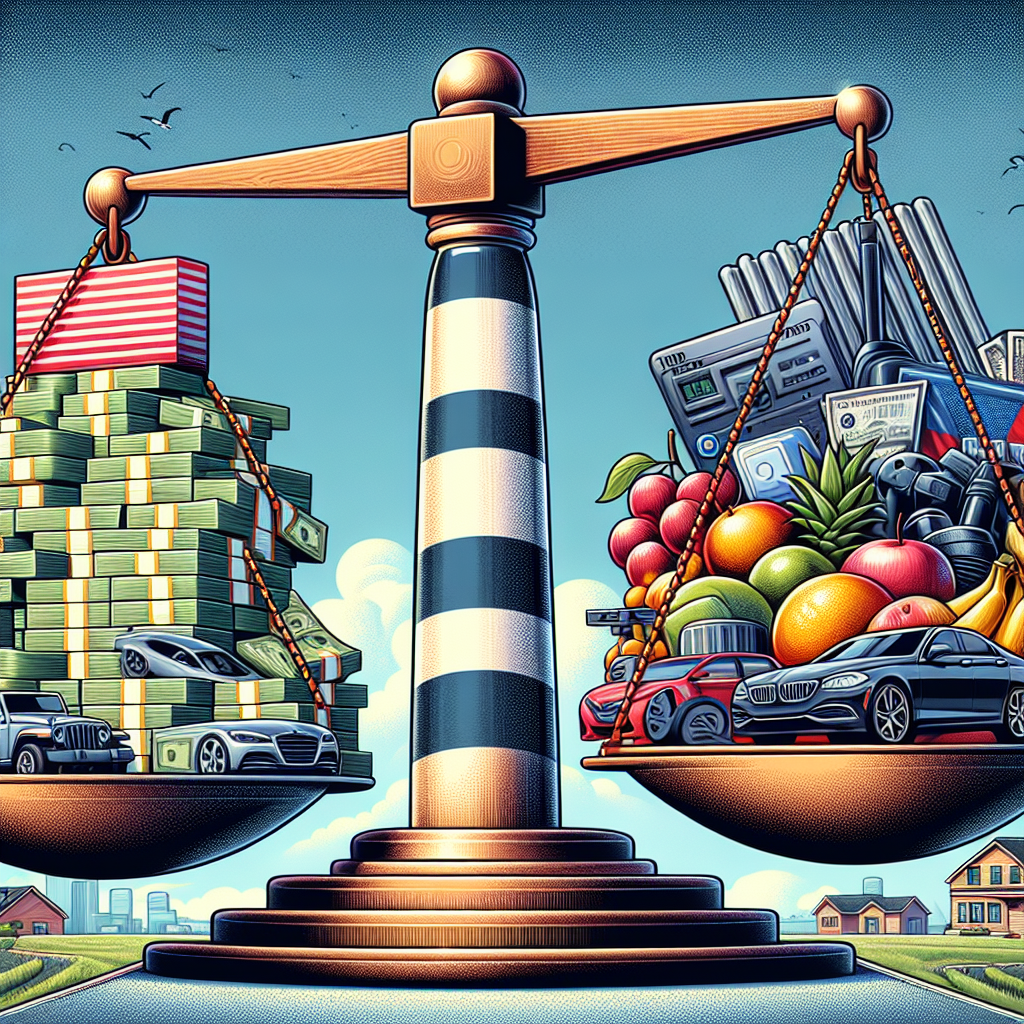India's Bid to Slash Electric Car Tariffs Sparks Controversy
India plans to reduce import tariffs on electric vehicles, over local automakers' opposition, to finalize a trade deal with the U.S. Despite pleas to delay cuts until 2029, New Delhi is keen on immediate reductions. This move might benefit Tesla but challenge local manufacturers like Tata Motors.

India is gearing up to reduce import tariffs on electric vehicles, a decision that comes in the face of resistance from domestic automakers anticipating delays until 2029. The move is part of an effort to solidify a trade agreement with the United States, as disclosed by government and industry insiders to Reuters.
Automakers, including Tata Motors and Mahindra & Mahindra, have been lobbying Prime Minister Modi's administration to postpone tariff cuts, advocating for a gradual reduction beginning in 2029. Nonetheless, the Indian government is committed to slashing EV tariffs in the initial stage of a U.S. trade deal, a stance that aligns with U.S. concerns, especially from President Trump and Tesla CEO Elon Musk.
Local manufacturers fear that early tariff reductions could set a precedent affecting other trade discussions with the EU and Britain, potentially straining India's budding EV market. Tata Motors, currently leading EV sales with 2.5% market share, aims for 30% by 2030, while also participating in an incentive program for local manufacturing until 2029.
(With inputs from agencies.)
ALSO READ
Global Expansion: Tata Motors Introduces Electric Vehicles in Mauritius
Prime Minister Narendra Modi's Tribute to RSS Founders
PM Narendra Modi visits Solar Defence and Aerospace Limited’s ammunition facility in Nagpur.
PM Narendra Modi lays foundation stone of Madhav Netralaya Eye Institute and Research Centre extension building in Nagpur.
Shubman Gill's Milestone Moment at Narendra Modi Stadium










